- 1 - What Is Cardiac MRI and Why It Matters
- 2 - How Cardiac MRI Works to Reveal Detailed Heart Images
- 3 - When Doctors Recommend a Cardiac MRI
- 4 - Real-Life Cases That Show the Impact of Cardiac MRI
- 5 - Benefits and Limitations of Cardiac MRI
- 6 - Accessing Resources Through HeartCare Hub
What Is Cardiac MRI and Why It Matters
Cardiac MRI, or magnetic resonance imaging of the heart, is a powerful non-invasive tool that provides detailed pictures of the heart’s structure and function. Unlike standard X-rays or CT scans, cardiac MRI does not use ionizing radiation. Instead, it relies on magnetic fields and radio waves to create highly precise images of the heart muscle, valves, and blood vessels. For patients, this means clearer insights into their heart health, which can lead to earlier diagnoses and more personalized treatment plans. In many ways, cardiac MRI has redefined how doctors approach heart-related conditions.

How Cardiac MRI Works to Reveal Detailed Heart Images
The technology behind cardiac MRI may sound complex, but its results are simple to understand: clear, detailed images that reveal what’s happening inside your chest. During the scan, you lie inside a large cylindrical machine while radiofrequency pulses interact with hydrogen atoms in your body. These signals are then translated by a computer into detailed images. What makes cardiac MRI unique is its ability to show moving images of the beating heart, giving doctors a chance to observe blood flow and muscle performance in real time. This detailed imaging of your heart provides a level of precision unmatched by most other diagnostic tools.
Cardiac Solutions
cardiac solutions
5651 W Talavi Blvd, Glendale, AZ 85306, USA
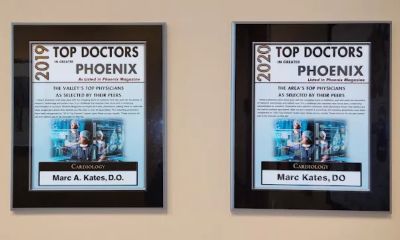
When Doctors Recommend a Cardiac MRI
Cardiac MRI is not for every patient, but it becomes essential in certain conditions. Doctors may recommend it if you have unexplained chest pain, suspected heart failure, congenital heart disease, or inflammation of the heart muscle. It’s also used to evaluate damage after a heart attack or to assess how well treatments are working. For example, in patients who may need bypass surgery, a cardiac MRI helps determine which parts of the heart muscle are still viable. By providing a complete view of the heart, it enables doctors to make more accurate decisions about treatment and care.
Real-Life Cases That Show the Impact of Cardiac MRI
One striking example involves an athlete in his 30s who experienced persistent fatigue and shortness of breath. Traditional tests showed no clear issues, but a cardiac MRI revealed early signs of myocarditis, or heart muscle inflammation. Because of the early detection, doctors were able to treat him effectively, preventing long-term complications. In another case, a woman recovering from a heart attack underwent a cardiac MRI to assess the extent of muscle damage. The imaging not only helped her doctors plan her recovery but also gave her peace of mind by showing which areas of her heart were still healthy. These stories illustrate the real-world value of this advanced diagnostic tool.
Benefits and Limitations of Cardiac MRI
The benefits of cardiac MRI are substantial. It offers unparalleled clarity, no radiation exposure, and the ability to capture both anatomy and function in a single test. However, it is not without limitations. The scan can be lengthy, sometimes requiring patients to lie still for up to an hour. Those with certain implants or severe claustrophobia may not be suitable candidates. Despite these drawbacks, most patients find the benefits far outweigh the challenges, especially when the results provide life-saving information about their heart health. For anyone facing complex cardiac conditions, a cardiac MRI is often the gold standard for diagnosis.
Accessing Resources Through HeartCare Hub
For individuals who want to explore more about cardiac MRI, its benefits, and where to find reliable medical centers, HeartCare Hub provides valuable guidance. The platform connects users with trustworthy resources, tools, and services that support heart health. Whether you are preparing for a cardiac MRI or simply seeking information on preventative care, HeartCare Hub is an excellent starting point for taking charge of your cardiovascular well-being. Access to detailed knowledge and recommendations can make the entire experience less intimidating and more empowering.

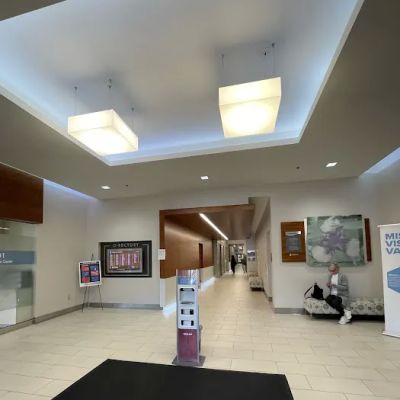
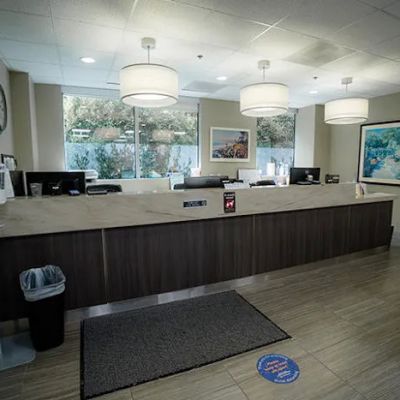
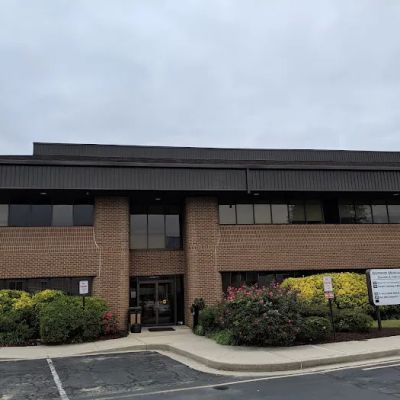

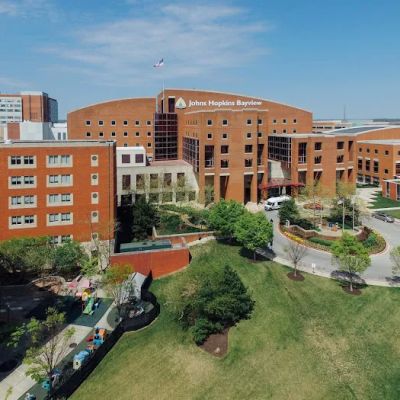



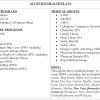











Deborah Heart and Lung Center
deborah heart and lung center
200 Trenton Rd, Browns Mills, NJ 08015, USA